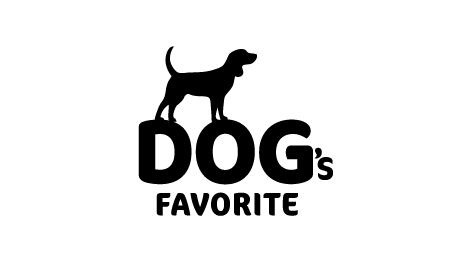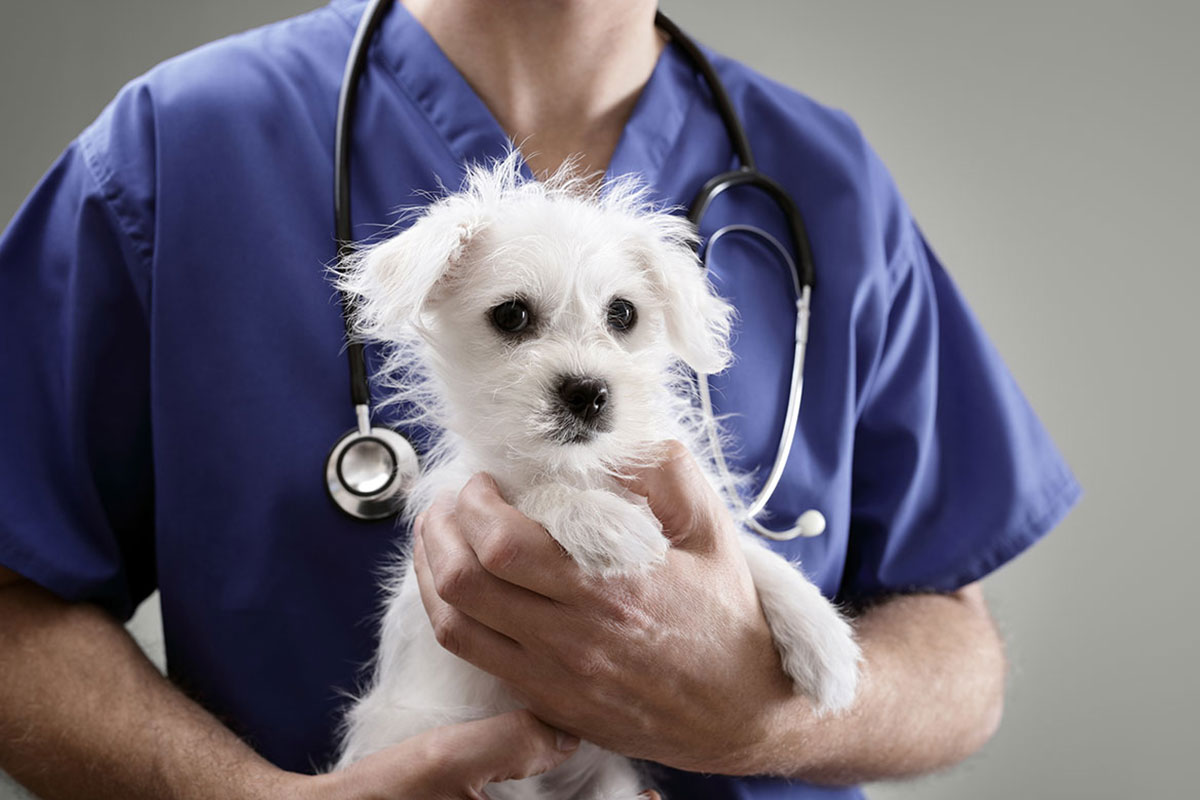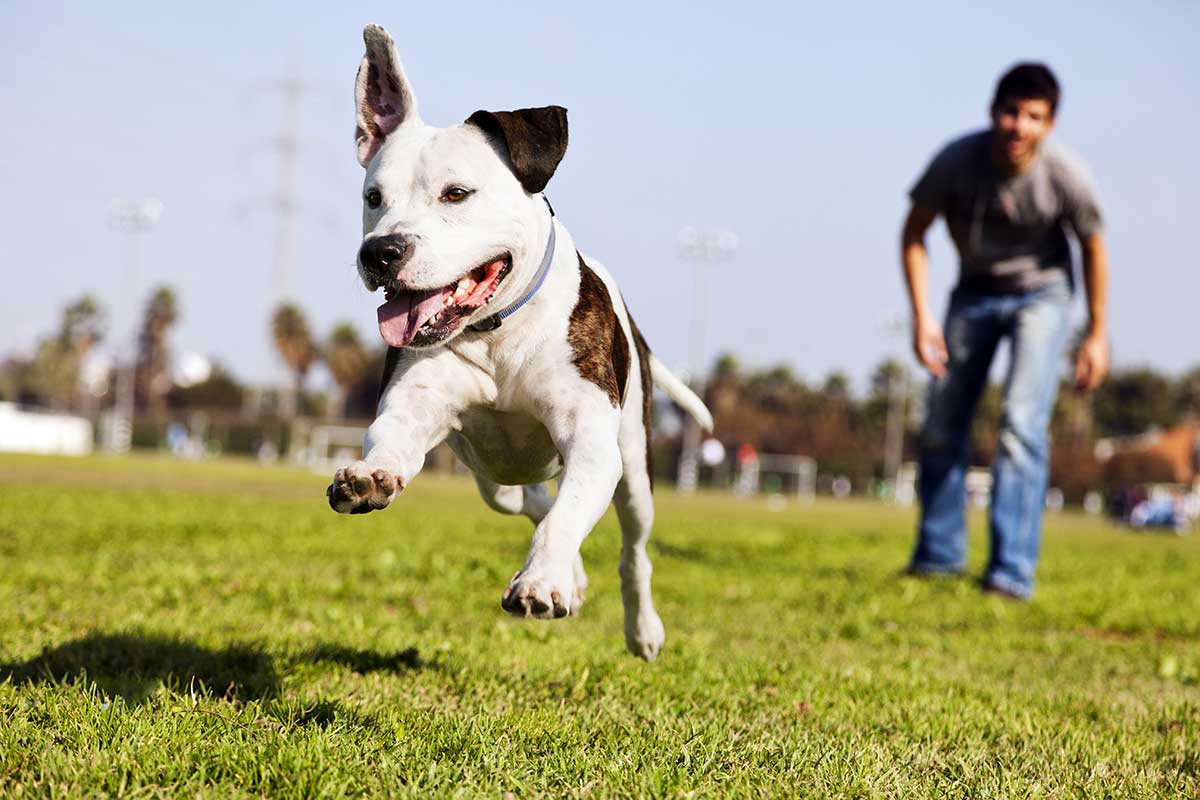Vaccinations for Dogs?
When we are thinking about to vaccinate our pet first question that arise in our mind is what is vaccine?
Vaccine is a biological preparation that provides active acquired immunity to a particular infectious disease.in simple words Vaccines are preparation designed to stimulate the body’s immune system to produce disease-fighting antibodies to help protect against disease.
Experts agree that widespread use of vaccinations within the last century has prevented death and disease in millions of animals. Vaccinations protect your pet from highly contagious and deadly diseases and improve your pet’s overall quality of life.
Which vaccines should a Pet Need?
Core vaccines (those which protect animals from severe, life-threatening diseases that have global distribution and which all dogs and cats, regardless of circumstances or geographical location, should receive.) are used for most of pets against the diseases which are more common in that particular area
“Non-core” vaccinations (Non-core vaccinations are those used to protect from disease where the animal’s geographical location, lifestyle or environment puts them at risk)
Dogs Core vaccines:
- Canine Distemper Virus
- Canine Adenovirus/Infectious Canine Hepatitis,
- Canine Parvovirus,
- canineparainfluenza
- Leptospirosis.
canine Parainfluenza :
- A dry, hacking cough
- Fever and high temperature
- A runny nose
- Sneezing
- Eye inflammation
- Depression, lethargy, and loss of appetite
Infectious Canine Hepatitis:
Symptoms include fever, depression, and loss of appetite, coughing, and a tender abdomen. Corneal edema( clear part of eye become opaque ) and signs of liver disease, such as jaundice, vomiting, and hepatic encephalopathy (is a decline in brain function that occurs as a result of severe liver disease), may also occur. Severe cases will develop bleeding disorders, which can cause hematomas to form in the mouth. Death can occur secondary to this or the liver disease
Canine Distemper Virus
Initially, infected dogs will develop watery to pus-like discharge from their eyes. They then develop fever, nasal discharge, coughing, lethargy, reduced appetite, and vomiting. As the virus attacks the nervous system, infected dogs develop circling behavior, head tilt, muscle twitches, convulsions with jaw chewing movements and salivation (“chewing gum fits”), seizures, and partial or complete paralysis. The virus may also cause the footpads to thicken and harden, leading to its nickname “hard pad disease.”
Canine Parvovirus
some of the signs of parvovirus include lethargy; loss of appetite; abdominal pain and bloating; fever or low body temperature (hypothermia); vomiting; and severe, often bloody, diarrhea. Persistent vomiting and diarrhea can cause rapid dehydration, and damage to the intestines and immune system can cause septic shock.
Leptospirosis.
Signs of leptospirosis may include fever, shivering, muscle tenderness, reluctance to move, increased thirst, changes in the frequency or amount of urination, dehydration, vomiting, diarrhea, loss of appetite, lethargy, jaundice (yellowing of the skin and mucous membranes), or painful inflammation within the eyes. The disease can cause kidney failure with or without liver failure. Dogs may occasionally develop severe lung disease and have difficulty breathing. Leptospirosis can cause bleeding disorders, which can lead to blood-tinged vomit, urine, stool or saliva; nosebleeds; and pinpoint red spots (which may be visible on the gums and other mucous membranes or on light-colored skin). Affected dogs can also develop swollen legs (from fluid accumulation) or accumulate excess fluid in their chest or abdomen
Non-core vaccines in Dogs
- Bordetella bronchiseptica
Bordetella bronchiseptica
- Dry, hacking cough (dogs)
- Retching
- Sneezing
- Watery nasal discharge
- Pneumonia, in appetence, fever, and lethargy in severe cases
Rabies :
Prodromal phase (first phase), the dog undergoes a marked change in temperament. Quiet dogs become agitated and active pets become nervous or shy. This phase can last 2-3 days.
Following this stage, there are two recognized forms of the clinical disease:
Furious rabies occurs when the rabid dog becomes aggressive, highly excitable, and displays evidence of a marked improve appetite, eating and chewing stones, earth, and rubbish (pica). Paralysis eventually sets in and the rabid animal may be unable to eat and drink. Hydrophobia (fear of water) is not a sign of rabies in dogs. This is a feature of human rabies. The dog finally dies in a violent seizure.
Dumb rabies is the more common form in dogs. There is progressive paralysis involving the limbs, distortion of the face and a similar difficulty in swallowing. Owners will frequently think the dog has something stuck in the mouth or throat. Ultimately the dog becomes comatose and dies.
Care should be taken in examination since rabies may be transmitted by saliva
Do vaccinations ensure protection?
For most pets, vaccination is effective in preventing future disease or decreasing the seriousness of clinical signs. It is important to follow the vaccination schedule to reduce the possibility of a gap in protection.
When we have to vaccinate our dogs ?
The vaccination schedule that we are following in Dragon animal care center first vaccine a puppy will receive at age of 6-8 weeks and booster of same vaccine plus Robbies will be given at age of 10-12 weeks.
| Age | Vaccine | Note |
| 6-8 weeks | DHPPI+L | |
| 10-12 Weeks | DHPPI+L | Booster |
| 12-16 weeks | Rabies | |
| 1 year | DHPPI+L + Rabies | Every year |
*DHPPI+L ( Canine Distemper Virus, Canine Adenovirus/Infectious Canine Hepatitis, Canine Parvovirus, canine parainfluenza , Leptospirosis)
Do vaccinations have side effects?
Yes, It is common for pets to experience some or all of the following mild side effects after receiving a vaccine, usually starting within hours of the vaccination. If these side effects last for more than a day or two, or cause your pet significant discomfort, it is important for you to contact us
- Discomfort and local swelling at the vaccination site
- Mild fever
- Decreased appetite and activity
More serious, but less common side effects, such as allergic reactions, may occur within minutes to hours after vaccination. Always inform us if your pet has had prior reactions to any vaccine or medication. If you are not sure about any previous reaction kindly wait for 30-60 minutes after vaccination in our center
Who can vaccinate my pet?
Only a veterinary doctor registered by local ministry can vaccinate the pet


































